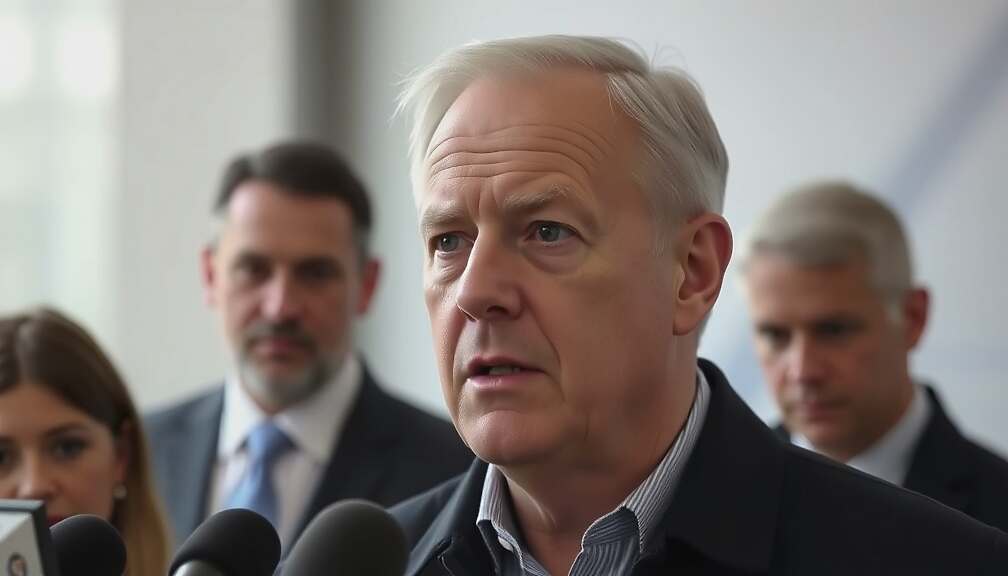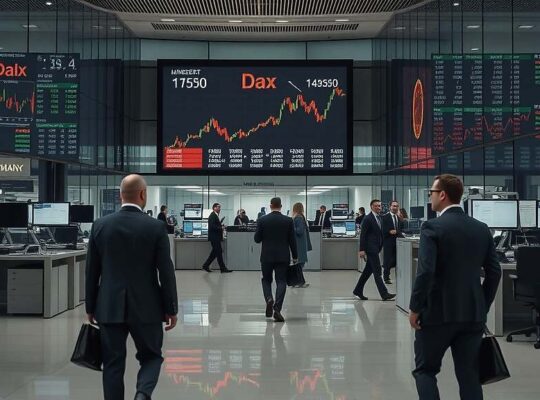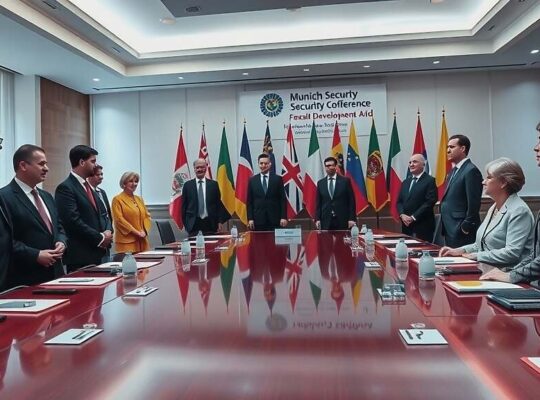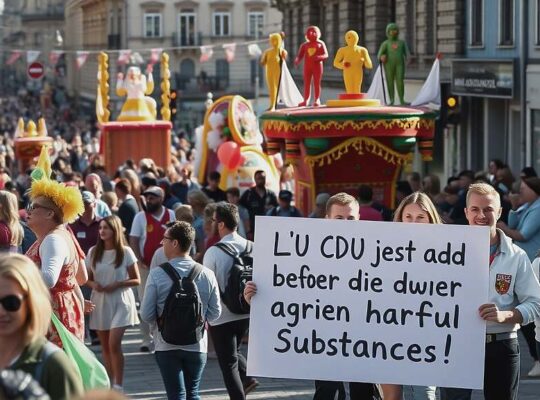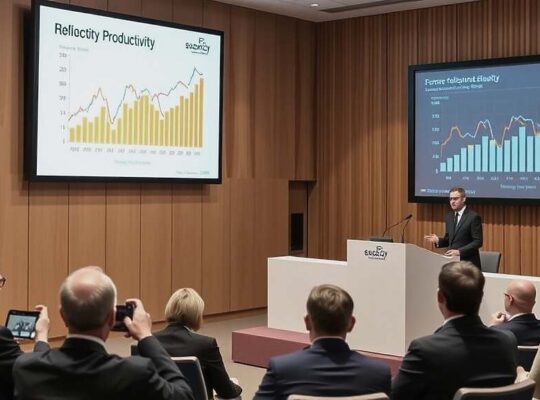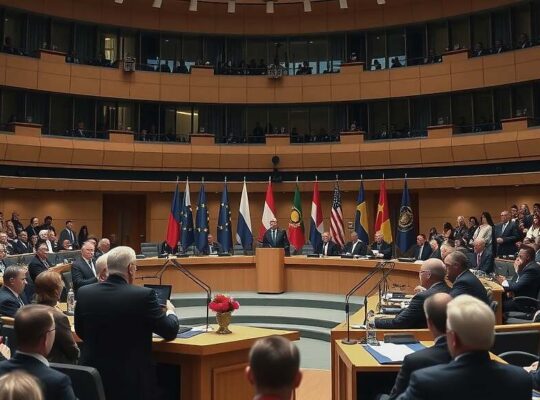The recent deal on tariffs between the United States and the European Union is unlikely to usher in a period of sustained stability, according to Michael Hüther, Director of the Institute of German Economics (IW Köln). While the immediate impact might offer a temporary respite from trade tensions, Hüther cautioned against complacency, citing the lack of precise commitments from the US and the ongoing possibility of renewed tariff threats. He suggested that a more assertive negotiating approach from the EU would have been beneficial.
Hüther anticipates that the 15% tariff rate will largely be passed on to US consumers, minimizing the financial impact on German exporters, although he emphasized that tariffs of any level inevitably disrupt global economic cooperation. He described the agreement as failing to rectify what he perceived as flawed policy decisions.
Veronika Grimm, an independent economic advisor, echoed this sentiment, calling for the EU to prioritize its own growth agenda. She criticized the reliance on high, debt-financed spending to mask underlying challenges, asserting that the bloc is increasingly on the defensive. Grimm expressed concern about the EU’s current spending patterns, particularly the reliance on US arms and energy imports.
Regarding the impact on German exporters, Grimm offered a mixed assessment. While acknowledging that the tariffs will burden the German economy, she welcomed the avoidance of higher tariffs on the automotive industry. She indicated that reliance on US imports for both energy and weapons is set to continue in the long term.


